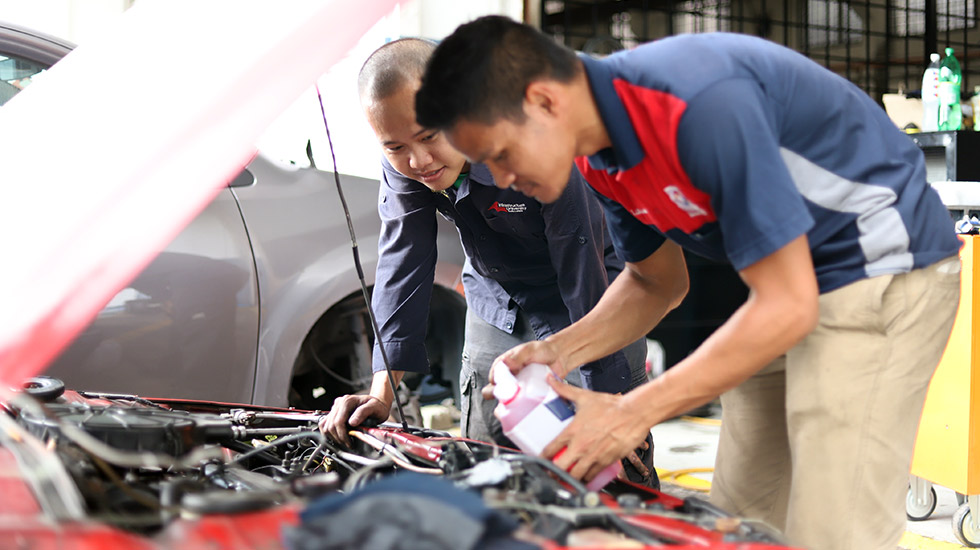5 Tips for Stress Free Long Haul Flights

The world is becoming smaller by the day. Flying long haul to distant locations for business or pleasure is becoming increasingly more popular. There are more aircraft, more airports to fly to and more people ready to spend half a day or longer in the air. It is quite simply easier and cheaper than it used to be fly long haul. Unfortunately, the experience of traveling to the other side of the world can very often be a stressful and exhausting affair, especially for the uninitiated or unprepared. This doesn’t have to be the case. Just follow this guide to a stress free long haul flight and you can sit back and enjoy the whole experience!
Step 1: Do Your Homework:
A little bit of homework will certainly help you to discover the right airline for you. The Internet is an excellent resource in this regard, but don’t ignore you’re local travel agent who may have a wealth of customer experience with various airlines.
You might want to find out who is going to offer the most leg-room, what the quality of food is like and how reputable their customer service is.
Most airlines now offer some sort of in-seat entertainment such as Singapore airline’s Krisworld system (Always very good) and I particularly enjoyed Japan airline’s onscreen camera views allowing you to see forwards from the nose of the aircraft or down over wherever you are flying. These systems are good way to kill a few hours of any flight.
Of course the price is important and shopping around really pays off. Don’t be afraid to go straight to the airline and check out any special offers they might have as well as using high street and Internet based agents.
Step 2: Airport Time:
You will usually be expected to check in 2 hours in advance of your long haul flight although it always pays to arrive a little earlier than this as most people will arrive in the queue around this time. You are better off spending 3 hours sat in the departure lounge with a good book than standing in the check-in queue!
Of course the earlier you are the better chance you have of reserving a good seat. Many airlines are now introducing services on their websites that allow you to reserve seats, order meals and allow you to check-in via automated express check-in systems; the best way to do it by far.
Step 3: Enjoy the flight:
On a 19 hour flight it is important to keep yourself occupied. The obvious solution is a good book. I always start a book a few days before I fly so that I’m already ‘into it’ before I get on the plane, ensuring a pre-planned slice of escapism.
These days we are blessed with in-seat technologies to keep us entertained, these will often include the latest blockbuster films, video games and all sorts of TV shows and in flight information. I still find, however, that the trusty book is the best way to kill some time.
The holy grail of long haul flight is being able to get some quality sleep. Air quality, light sources, noise and cramped upright seating is certainly not conducive to falling asleep. An Ezysleep inflatable travel pillow, for example is designed to deal with the issue of supporting your neck whilst upright but there are other things you can do. Ear plugs and an eye mask can help deal with light and noise so combine them with your travel pillow for some quality sleep.
If the food isn’t up to scratch, make sure you’re prepared with some healthy snacks and a good supply of water. It might be free but alcohol and coffee are very dehydrating and this is the last thing you want in an already arid environment. Stick to the water and fruit juices.
Most importantly, enjoy the flight! Enjoy that time away from the mobile phones and the boss and the traffic and relax. You’re 40,000 feet away from everything, make the most of it!
Step 4: Stay healthy:
Deep Vein Thrombosis (DVT) is a constant worry for long haul travelers. Although extremely rare, it is a very dangerous condition. The condition is avoided by ensuring that the blood flow around your body is kept moving.
Do the exercises advised by the in-flight video and magazines, take regular walks to the galley, the toilet or just up and down the aisles and drink plenty of water.
Step 5: Avoid Jet Lag:
The best way to avoid, or minimize, jet-lag is to start planning whilst on your flight. Set your watch to your destination time as soon as you can and do your best to sleep when it’s night time where you are going, even if that means missing onboard meals.
Keep drinking that water so you’re not dehydrated when you land. When you get to your destination, don’t hit the hay straight away. Try to stay awake until the evening and you’ll give yourself the best chance to adjust quickly to your new time zone.






